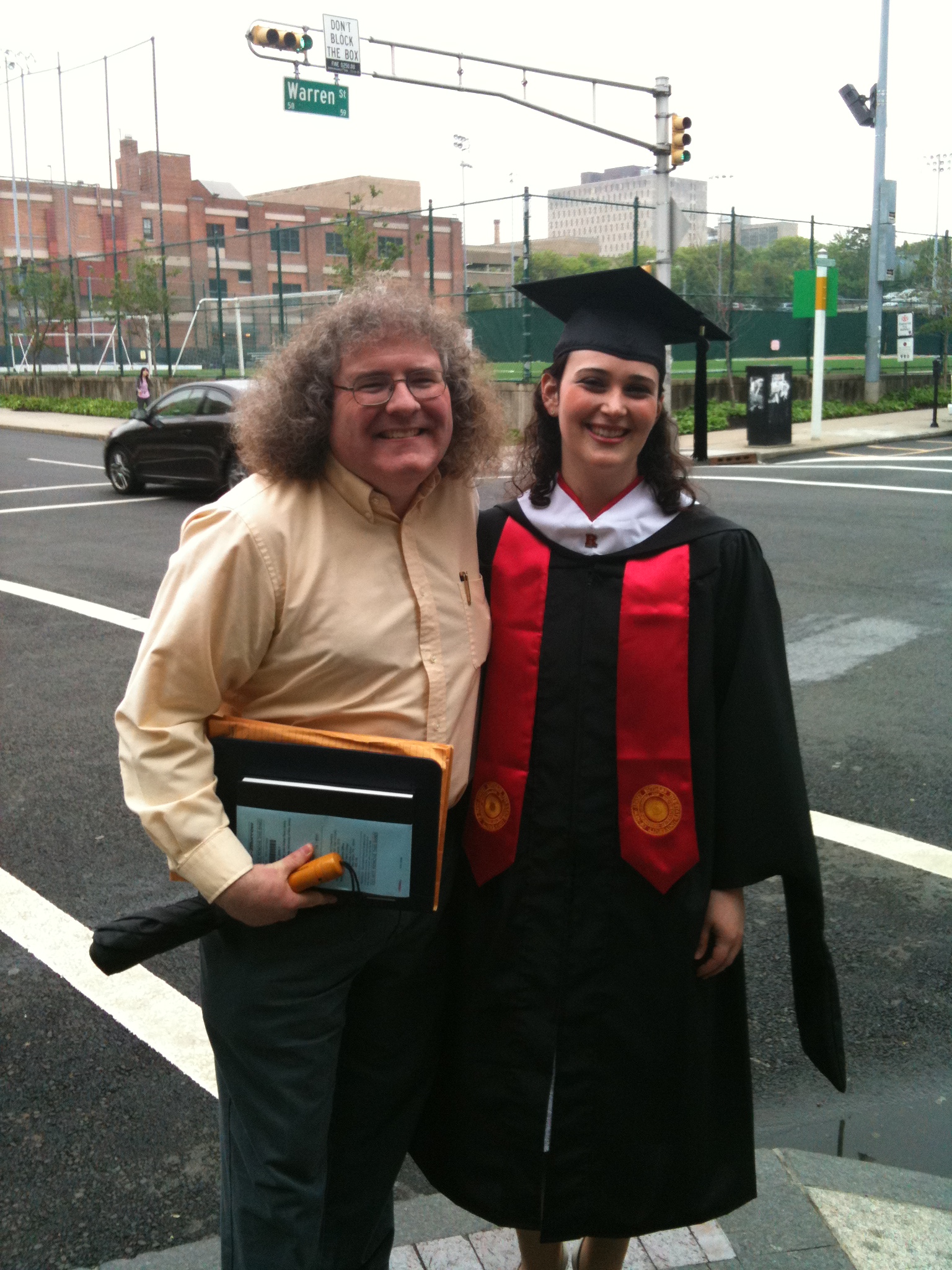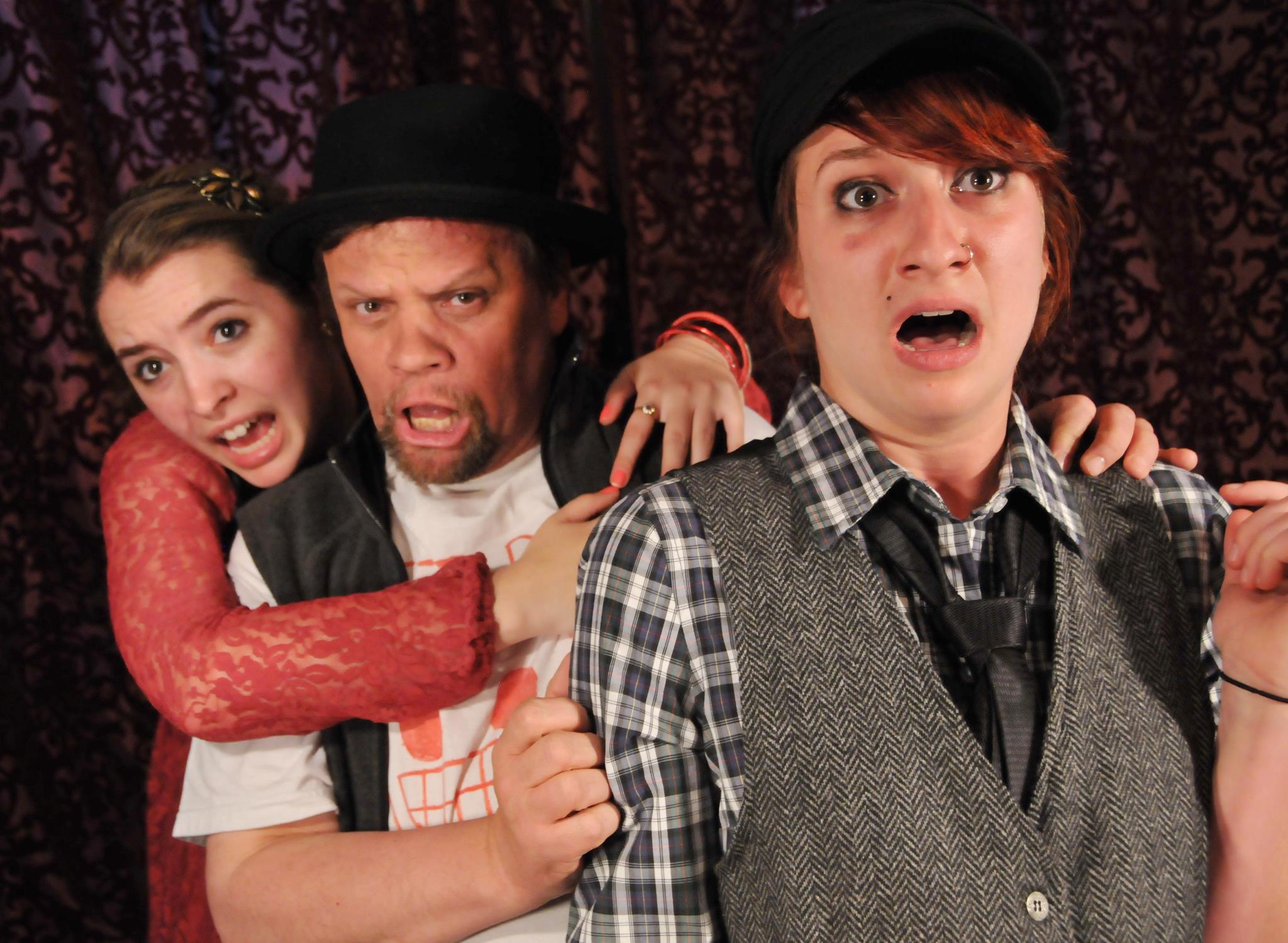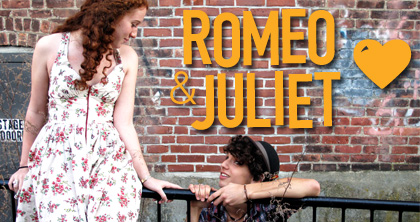Hello from the finals front!
Things are really starting to get hairy here. I’ve pinned down my seminar paper topics, I’m beginning to push up on some deadlines, and the book fort is full to toppling (though I did manage to return 25 books to the library yesterday with the help of some very sturdy reusable shopping bags). In addition to my own deadlines, I have the students’ deadlines to worry about and, what with the hurricane having set all of us back, what I am certain were some very well-planned due dates have become a muddle of insanity and piles upon piles of things for me to do over the next couple weeks.
In light of this, it is difficult for me to see these next few days as holidays. Yes, campus was technically closed today; I was still in dropping off papers and picking up books. No, I

the pile of drop-off books from the other day riding securely in my passenger seat. Also, validation for when I say “Shakespeare is my co-pilot”.
don’t have to go to class tomorrow; but I have still been up since before the sun working steadily on my piles of to-dos.
Despite this, I would like to take a moment now (as I do every year) to think about the things I am well and truly thankful for.
Inter-library loan; making it so that I don’t have to drive all over the city state country to hunt down the research materials I need. Thank you, ILL and the Boston Library Consortium, for bringing books in a steady flow directly to my home library.
My family who puts up with random phone calls at odd times of the day with the usual “sorry I haven’t called in a while, been really busy, I’m working on this new project about Shakespeare as performed in the [eighteenth/nineteenth/seventeenth] century by [aristocratic hacks/black people/circus clowns]. I’m working really hard for that class I’m TAing and I have a TON of grading on my desk right now, but I have to go because I’m on my way to [class/the library/a meeting/rehearsal] so… love you! Call you later!”
My dear friends who make my life a happier place and remind me that despite my best efforts, I am not a research machine and do occasionally need to leave my desk in order to make eye contact with actual human beings. Special shout-outs go to my gay best friend who knows both how to hash a research problem with me and the fastest way to make me forget about whatever the day’s stress was, my roommate who knows not to make eye contact with me before 10AM and that the best way to appease the savage beast is to feed me, my girls’ weekend girls who are always there for me (if not in person then in well-timed letters and boxes of comfort-yarn), and my Partner in Crime without whom I would be well and truly lost (and much sadder for the wear).
The faith of my department (which, for those who are keeping track, hasn’t gotten rid of me yet so I must be doing something right).

Totally my fairy godfather; this was taken at my MA graduation.
The aforementioned Best Professor in the World; my academic fairy godfather who somehow knows from two to three states away precisely when I’m in my darkest hours of crisis. Without even having to send up a bat-signal, I always seem to receive an e-mail of some kind from him during my most hopeless moments.
The theatre, my man Will, and all those who are keeping him alive onstage. Live theatre makes life worth living, and the people who make live theatre are no less than great magicians of our time. This means you, Bob Colonna.
And you, dear reader, because without you I would be talking to an empty room. And, really, there’s nothing engaging about a crazy person ranting about her insane life to an empty room.
So have a good holiday, take some time off, and for the sake of all things Bardy walk away from your desk for at least a few hours. Personally, I’m going to go finish packing and then I have a date with a turkey.
Happy Thanksgiving!





 was new and different because Stomeham coupled their adult company with their teen company so the adults played adults and the teens played teens.
was new and different because Stomeham coupled their adult company with their teen company so the adults played adults and the teens played teens.